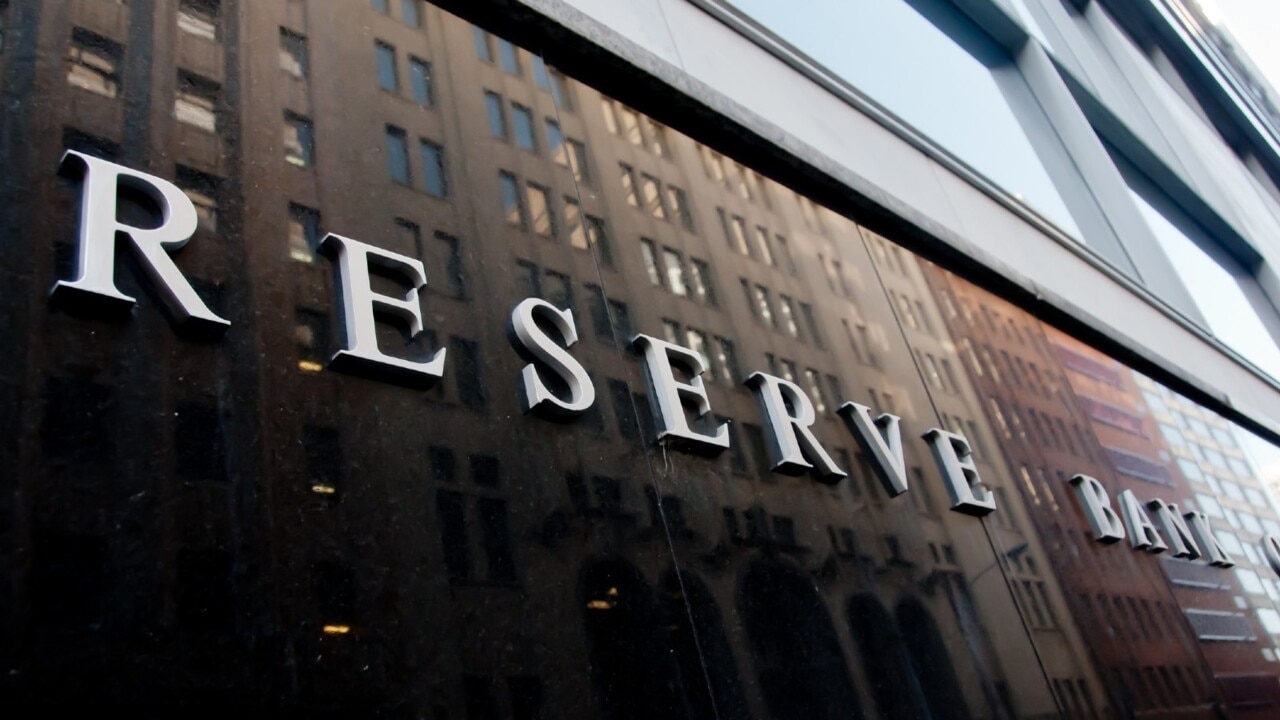Resimac profit falls 27pc as it warns of household pain
The residential mortgage and specialist lender has reported a smaller profit as home loan arrears rise as households buckle under the weight of the Reserve Bank’s aggressive interest rate hikes.

Shares in residential mortgage and specialist lender Resimac have tumbled after it warned home loan arrears are on the rise as households begin to buckle under the weight of the highest interest rates in more than a decade.
The warning by Resimac came as the lender reported a 27 per cent fall in profit after tax to $38.9m in the first half of the financial year as it faced “fierce competition” for customers. The profit was down 27 per cent on the $53.5m for the same period in 2022.
On balance sheet home loans and advances to customers of $14.7bn were down 4 per cent compared to June 30.
Resimac saw nearly a 10 per cent increase in the number of customers with active hardship arrangement compared to June 2022. Chief executive Scott McWilliam said loan impairments remained at low levels, however early stage arrears have increased.
He added the group would ensure it has “sufficient coverage for the system stress that potentially lies ahead”.
“These results are broadly in line with our expectations following the second half of FY22. We knew this period would be a difficult one due to the impact of inflation and rising interest rates on household cost-of-living,” he said.
“We’re likely to see the economic headwinds continue throughout 2023. I am optimistic the current economic cycle will turn, with our medium-term strategy providing future growth.”
The Reserve Bank estimated earlier this month that more than 800,000 households are set to suffer a mortgage repayment shock this year as they shift off cheap fixed rate loans. It expected $350bn worth of loans would roll off fixed to variable rates this year.
Share in Resimac tumbled 9.9 per centto $1.05 after Mr McWilliam said he was “pragmatic” about the group’s outlook over the next six to 12 months.
“We will continue to focus on areas where we see the greatest opportunities in the short-term, which is mainly in our market-leading home loan specialist and asset finance lending solutions,” he said.
“Our strategy has always been, and will continue to be, on creating niche products for under-serviced markets overlooked by the major lenders.”
Fierce competition from the major banks trying to win over refinancing households has seen the non-bank lender pivot towards its specialist portfolio.
Households refinancing hit a record high of $19.4bn in November and the Australian Bureau of Statistics reported it was $19.1bn in December as mortgage holders chased a better deal amid aggressive hikes by the Reserve Bank in the past year.
“To counter fierce prime competition from the banks, we made a strategic decision to focus on our specialist portfolio. I’m pleased to announce we settled $2.4bn of home loans in this half – two-thirds of which came from specialist loans while maintaining credit risk standards,” Mr McWilliam said.
“The average LVR at origination of these specialist loans was 71 per cent.”
Resimac reported that its net interest margin had increased four basis points compared to the second half of the 2022 fiscal year, driven by repricing in line with the RBA tightening cycle.
Resimac said net interest income fell 6 per cent to $117.2m on the previous corresponding period driven by lower home loan assets under management and the bank bill swap rate increasing in advance of RBA cash rate increases.
Operating expenses increased 32 per cent to $51.1m on the PCP driven by higher Australian-based employees, and fair value losses on unlisted equity investment and derivatives.
An interim dividend of 4c per share will be paid on March 24.




To join the conversation, please log in. Don't have an account? Register
Join the conversation, you are commenting as Logout